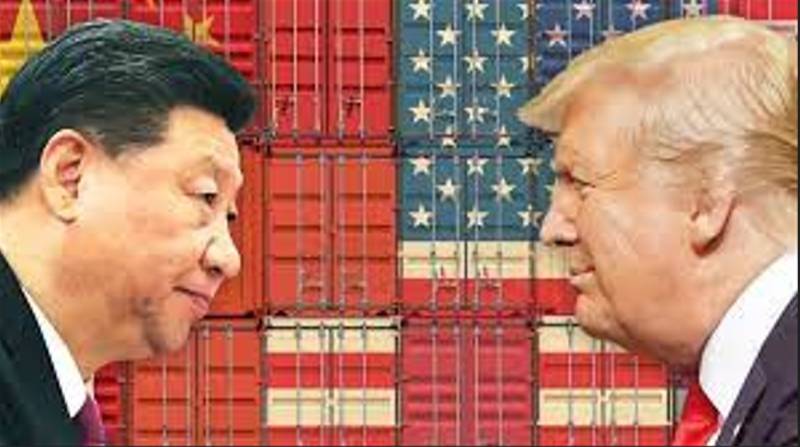With China hitting back at new tariffs by former U.S. President Donald Trump, markets worldwide are seeing increased turmoil. Asian shares, which were already weakening, have registered even deeper losses, with investors running to traditional havens such as gold and government bonds. Increasing trade tensions have generated uncertainty, spooking investor sentiment globally.
China’s counterattack involves putting tariffs on a variety of U.S. products, further entangling trade between the world’s two largest economies. The counterattacks are exacerbating market stress, with investors rushing to reduce risks against the backdrop of the protracted trade war. Consequently, shares in tech, manufacturing, and consumer discretionary sectors are especially badly affected, extending the economic impact.
This increased volatility has resulted in a flight to safety, with numerous investors opting for low-risk investments in a bid to shield their portfolios from possible losses. The increasing uncertainty has also triggered debate regarding the long-term effect of these trade wars on global supply chains and corporate profits, with many predicting slower economic growth in the months ahead.
As the tariff war escalates, market analysts recommend investors keep a close eye on geopolitical events and shift their strategies accordingly. With global markets now increasingly interdependent, the current tariff war between the U.S. and China will have long-term repercussions on investment scenarios all around the globe.








